Sommaire
Pagination de l'dition papier
Guide
 InterVarsity Press
InterVarsity Press
P.O. Box 1400 | Downers Grove, IL 60515-1426
2023 by Joshua Rasmussen
All rights reserved. No part of this book may be reproduced in any form without written permission from InterVarsity Press.
InterVarsity Press is the publishing division of InterVarsity Christian Fellowship/USA. For more information, visit intervarsity.org.
All Scripture quotations, unless otherwise indicated, are taken from The Holy Bible, New International Version, NIV. Copyright 1973, 1978, 1984, 2011 by Biblica, Inc. Used by permission of Zondervan. All rights reserved worldwide. www.zondervan.com. The NIV and New International Version are trademarks registered in the United States Patent and Trademark Office by Biblica, Inc.
The publisher cannot verify the accuracy or functionality of website URLs used in this book beyond the date of publication.
Cover design and image composite: David Fassett
ISBN 978-1-5140-0395-4 (digital)
ISBN 978-1-5140-0394-7 (print)
This digital document has been produced by Nord Compo.
For seekers of wisdom
Preface
THIS BOOK IS ABOUT YOU. If anything is true about you, it is this: you are real. But out of this truth springs a great mystery. How could there be anything like you? This question inspires my quest. My purpose in this book is to seek to uncover the deepest possible explanation of the nature and existence of a conscious, personal being like you. I hope that by joining me on this quest, you will gain resources to see a grander picture of who you really are.
My interest in writing on this topic grows out of my research into the fundamental nature of reality. Over my career, I have sought to better understand the fundamental nature of thingssuch as truth, time, and the foundation of existence. In response to my work, many people have asked me how I think fundamental reality might relate to personal, conscious reality. For example, are there ways to determine whether fundamental reality is itself personal? How might qualities of a personal being arise from the resources of fundamental reality? What resources does it take to make beings like us? In this work, then, I will investigate the connection between the nature of persons and fundamental reality.
The time is ripe for a new look at the nature of conscious, personal beings. Theorists have identified a minefield of problems in analyzing the emergence of conscious beings from ordinary matter. These problems are not conjured up by advocates of a particular worldview. Rather, they are center points of discussion by leading experts with diverse perspectives who are trying to understand how conscious beings could fit into our world by any means.
A challenge in writing a book like this is that clouds of controversy occlude paths to insight. The topic of consciousness and the nature of persons touches on significant, sensitive issues related to ultimate meaning, purpose, and existence. Heated debates arise as we hash out competing explanations of conscious beings. Oftentimes, we are locked into continual sparring as we seek to explain something so universal and familiar as our own conscious experience.
I want to highlight a path that can bridge the insights from many brilliant minds on opposing sides of the debate. Instead of starting and ending with one of the familiar packages of views (materialism, dualism, idealism, etc.), I want to show how we can build a new understanding of persons from basic concepts and observations. By reframing the discussion and digging into fundamental concepts, I believe we can integrate more insights from more perspectives, thereby positioning ourselves to see a greater picture of our existence as personal beings.
Whatever your viewpoint, I hope this book will help you analyze relevant data by your own light. I have encountered evidence that people have power to extend their current sight beyond what they may have realized. A couple years ago, I worked with a student to collect data on peoples beliefs about consciousness. We created a survey with randomized premises in deductions for and against different views about the nature of consciousness. One striking, preliminary result of our study was this: a statistically significant number of participants reported beliefs that entail conclusions that the participants themselves did not previously realize. This result suggests to me that people can see more by further analysis. My hope is that this book will help you extend your own analysis of the nature of persons in view of a wider range of data.
By seeking to display a vision of persons, I also hope to inspire a greater perception of the significance of your existence. This outcome, I suggest, will be achieved through the beholding of a greater picture of personal reality at the most fundamental level. The fullness of this picture will come into view by the end of the book.
I write this book to serve anyone interested in the nature of personal beings. Toward this end, I have worked to write in a style that is both accessible to a wide audience and also deep enough to contribute to the analyses of experts. To increase accessibility, I define all technical terms using ordinary language. You do not need to know any philosophical jargon to follow along.
The ideas in this book spring from my own original reflections, including recent reflections (and some original discoveries) that have led me to change my mind about some previous ideas. The pathway I will mark out is one you will not find anywhere else.
Enjoy the journey.
Acknowledgments
I AM GRATEFUL FOR INVALUABLE FEEDBACK and resources from many friends, colleagues, and peers. Thank you, Andrew Bailey, Michael Bacon, Zach Blaesi, Brianna Bode, Ben Crandall, Dustin Crummett, Ryan Downie, Patrick Flynn, Philip Goff, Tyron Goldschmit, Eli Haitov, Bill McClymonds, Mia Mendoza, John Michael, James Porter Moreland, Nathan Ormond, Adam Redwine, Bell Sarian, Joseph Schmid, Parker Settecase, and Eric Steinhart, for your inspiration and insights, which added great value to this project beyond what you could know. I am also grateful to my children, Micah, Lana, Chloe, Jonah, and Kaleb, for putting up with many questions about whether their toys could become conscious and, if not, how they could know. Finally, big thanks to my wife, Rachel, for helping me process every idea in this book. Any remaining infelicities have their origin in mindless grains of reality, or they are mine.
Introducing the Inquiry
The subject of mind involves certain difficulties.
ARISTOTLE

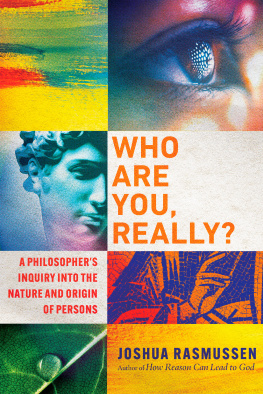
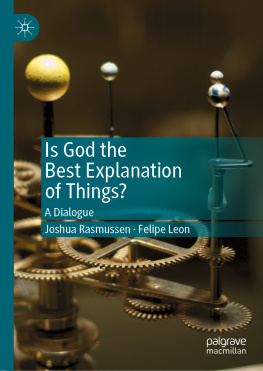
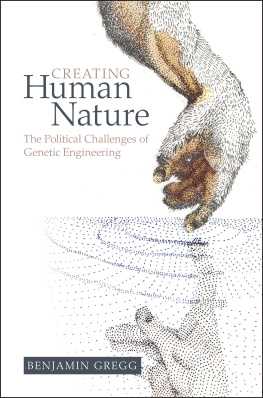
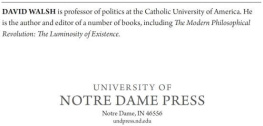
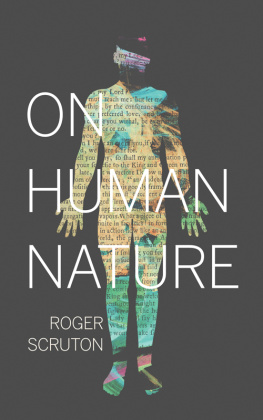

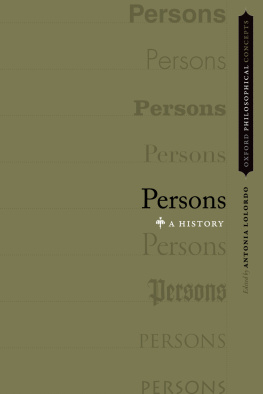
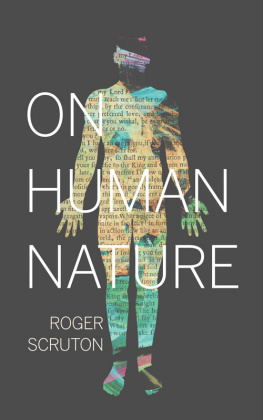

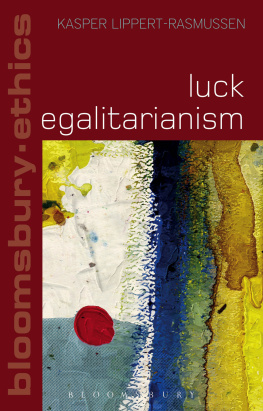

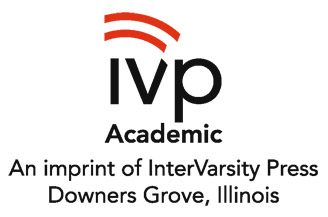
 InterVarsity Press
InterVarsity Press
